While living in an era of countless options and apps for entertainment, we have developed particular ways to get music and media.
Whether that means paying the monthly subscription fee to Spotify, buying a popular album from iTunes or maybe saying hi to the friend who turned illegal file sharing into an obsessive virtual hobby with a USB drive in hand.
Presumably, we all know someone like this or more accurately, went through it ourselves. Needlessly hoarding files with discography and rare B-sides on an already overcrowded hard drive.
According to Music Business Worldwide, the music industry has seen the worst of illegal file sharing as worldwide revenue shows a steady decline in sales since they peaked in 1999. The same year Napster made its first release. Consequently, in 2015, industry sales settled at $15 billion worldwide.
Millennials have witnessed the evolution of illegal file sharing from its start nearly 20 years ago. In 2010, LimeWire had to pay $105 million to the record industry. In 2014 Pirate Bay’s frequent rising and falling of bit-torrent sharing ended with the founder, Pete Sunde, serving a sentence in prison. But let us not forget Demonii, one of the web’s biggest torrent search engines, suddenly disappearing last November.
“I think bit-torrent clients are currently under attack and I don’t think they are going to recover,” said senior history and political science major Michael Tovar.
To avoid the dreadful hassle of updating music libraries manually via USB cable, streaming apps like Spotify and Apple Music have ostensibly become the most convenient way to acquire songs and albums. However, illegal file sharing is still very much the route that some choose to obtain music files.
Measures have been taken in recent years to lower the volume of illegal file sharing. This includes the controversial Stop Online Piracy Act and third-party companies, like Warner Bros and Sony, sending notices called Digital Millennium Copyright Act warnings. The notices advise users to takedown illegally downloaded content.
Chico State wireless servers have been subject to such warnings, accurately targeting student ISB numbers where illegal file sharing has occurred. Information security sends out these warnings and made students acknowledge the violation. But even with multiple warnings often being sent out to students, the illegal file-sharing trend stays the same, going up during the semester and falling to nothing during the breaks.
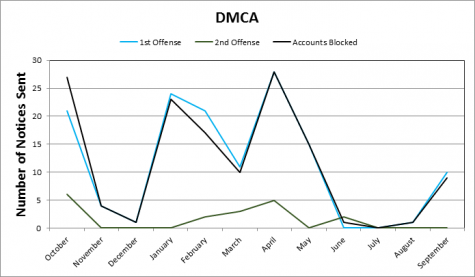
“We don’t validate whether or not (the warnings) are accurate but they usually are,” said director and information security officer Mark Hendricks. “We pass it on to the student and by notifying them, it takes the liability away from us.”
Despite the record industry warnings and government initiatives, illegal file sharing still happens on campus and continues to rise worldwide. Some act with vigilance to defend the artists they love by buying records and merchandise, while others continue to download illegally.
“It’s all about how much you want to support the music,” Tovar said.
Yet there’s an undeniable shift in the way we interact with music, pushing towards something more personal involving social media interactions between artists, fans and the music. This singular connection looks like it’ll leave the digital consumerism age of copious amounts of peer-shared files and folders in the past with LimeWire and Napster.
Matt Manfredi can be reached at [email protected] or @matthewmanfredi on Twitter.
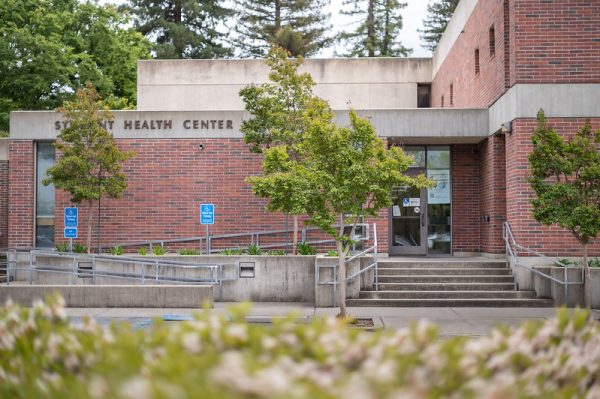

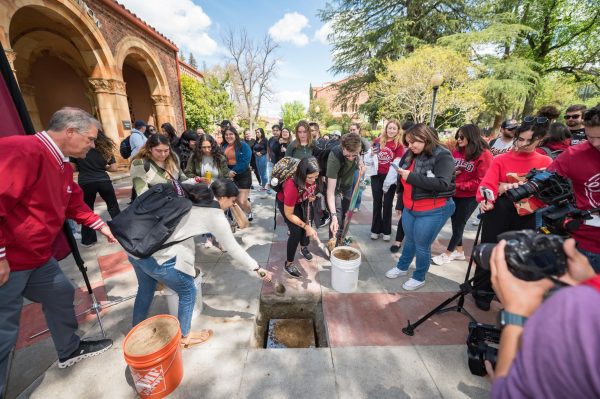
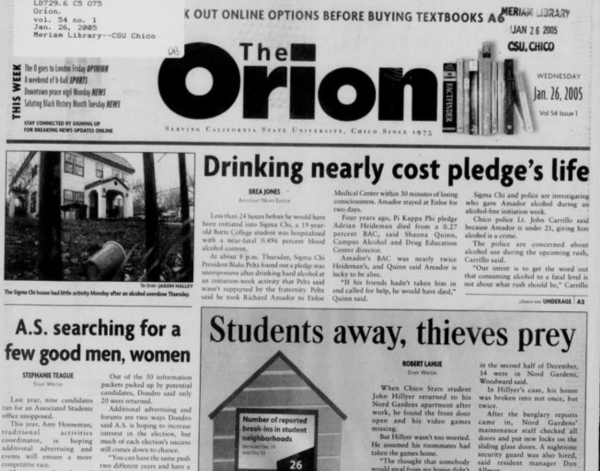
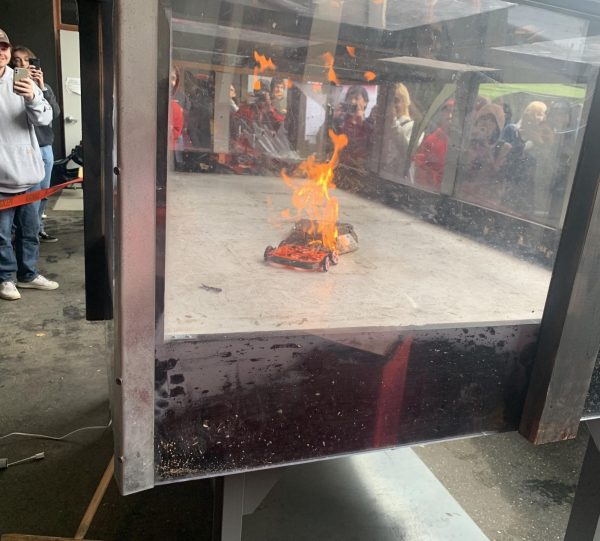



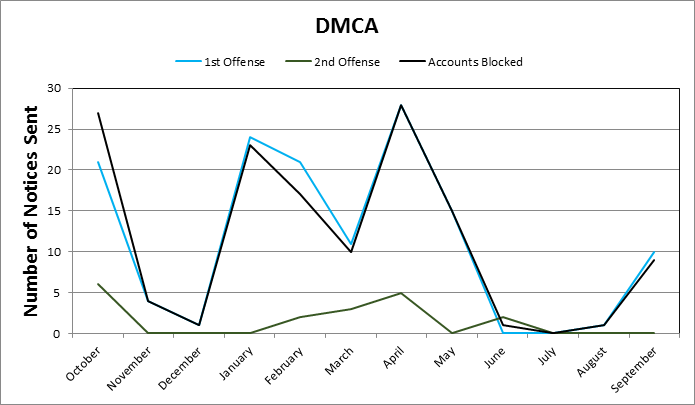
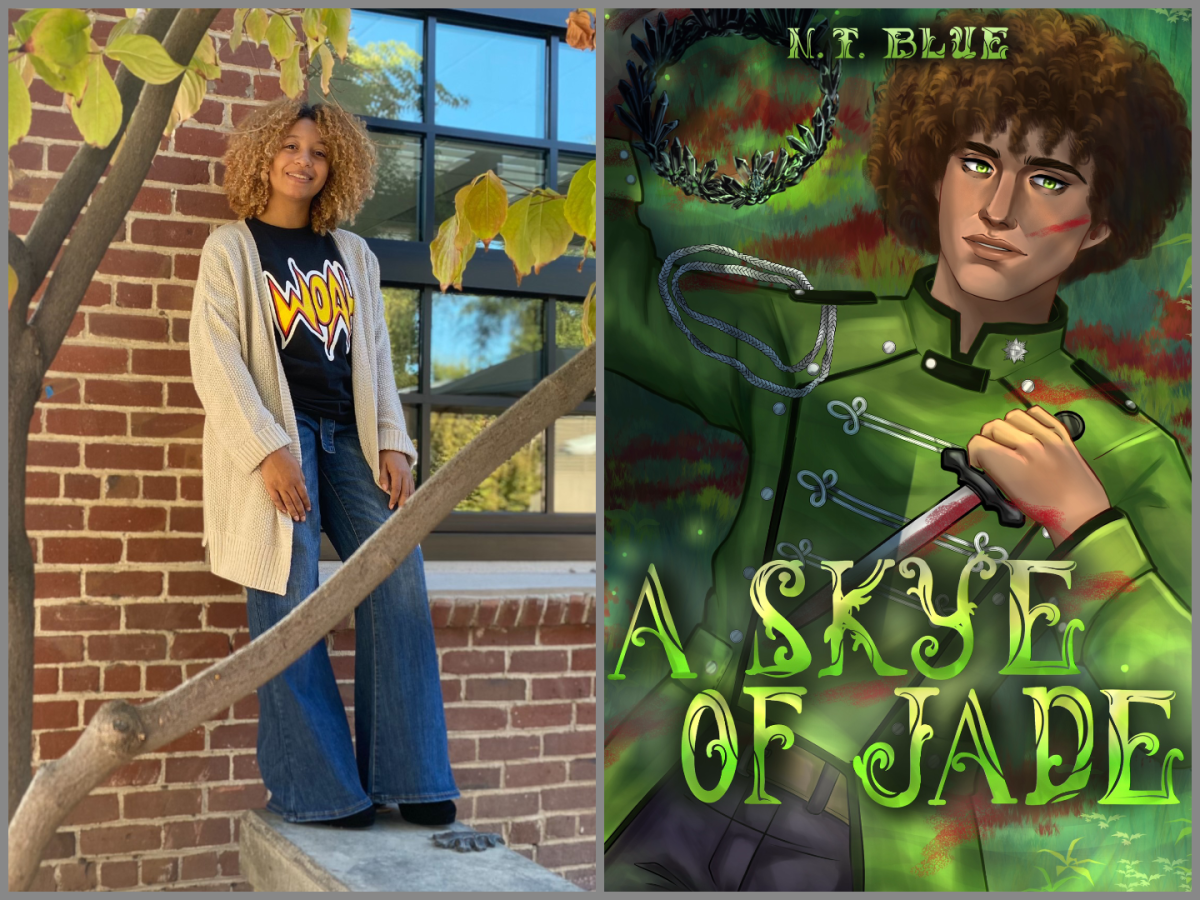
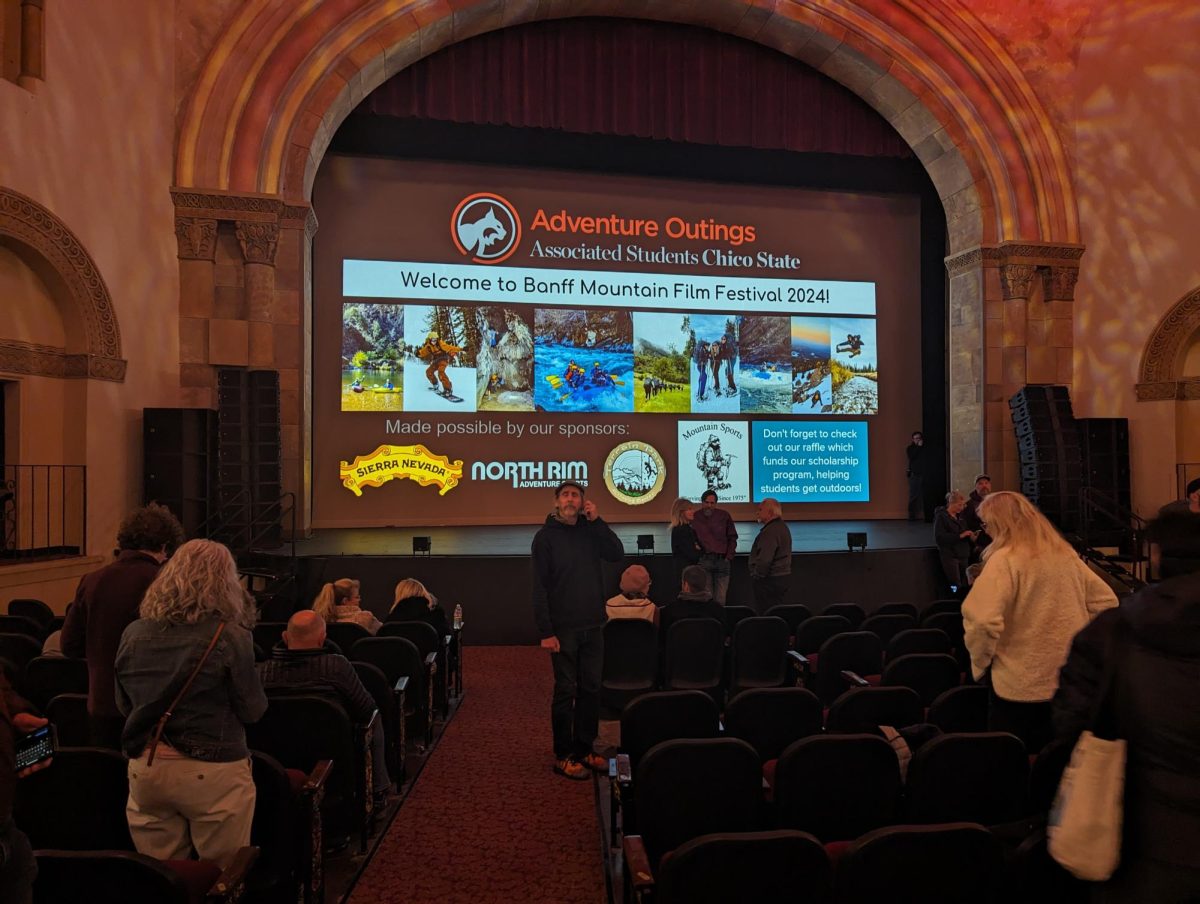
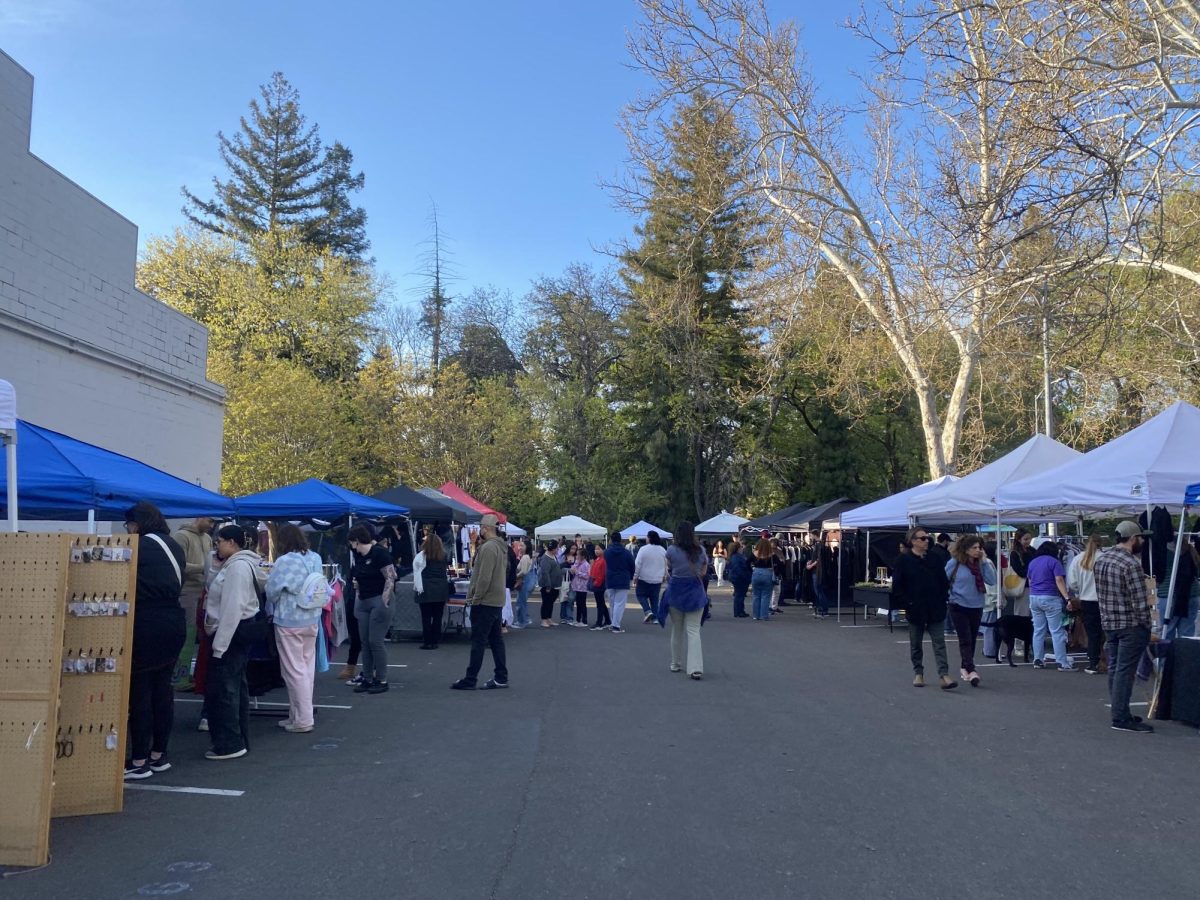
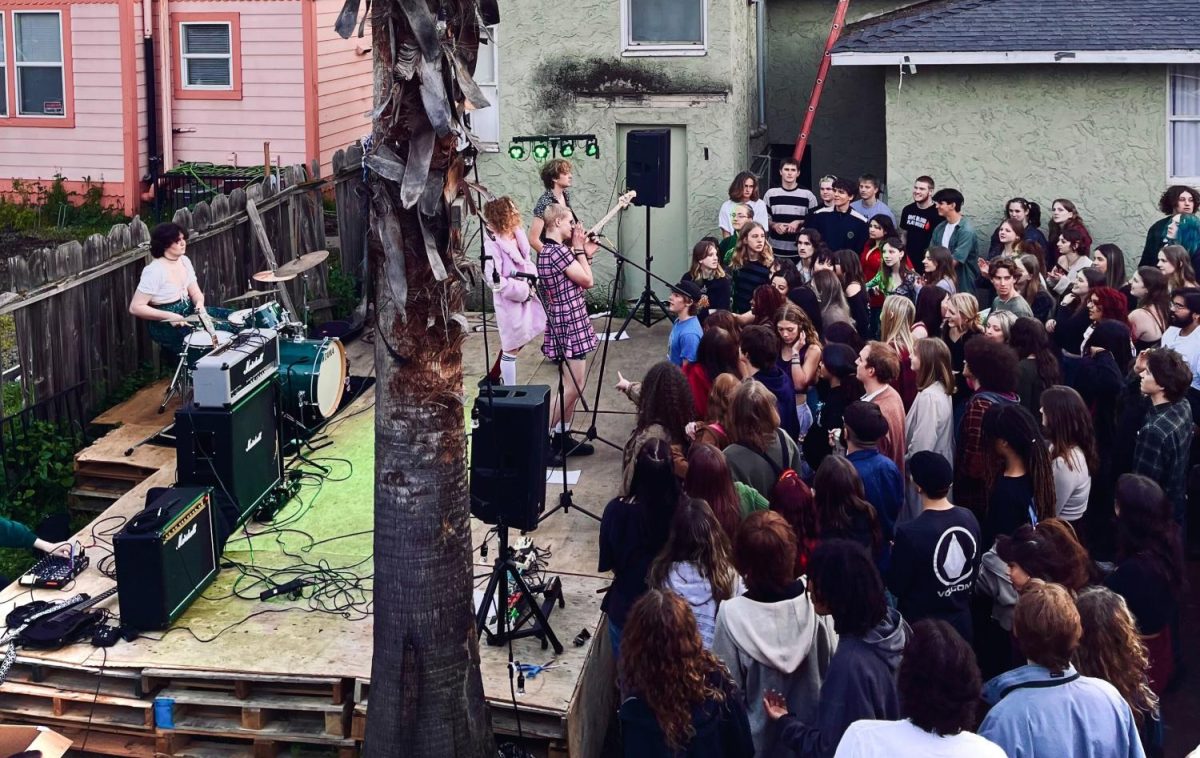
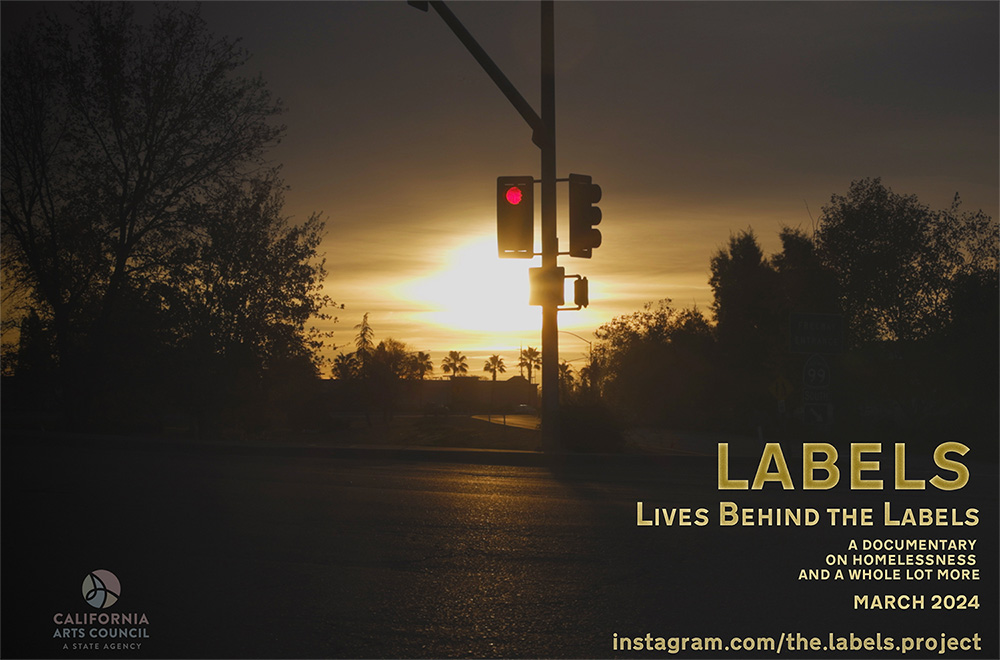
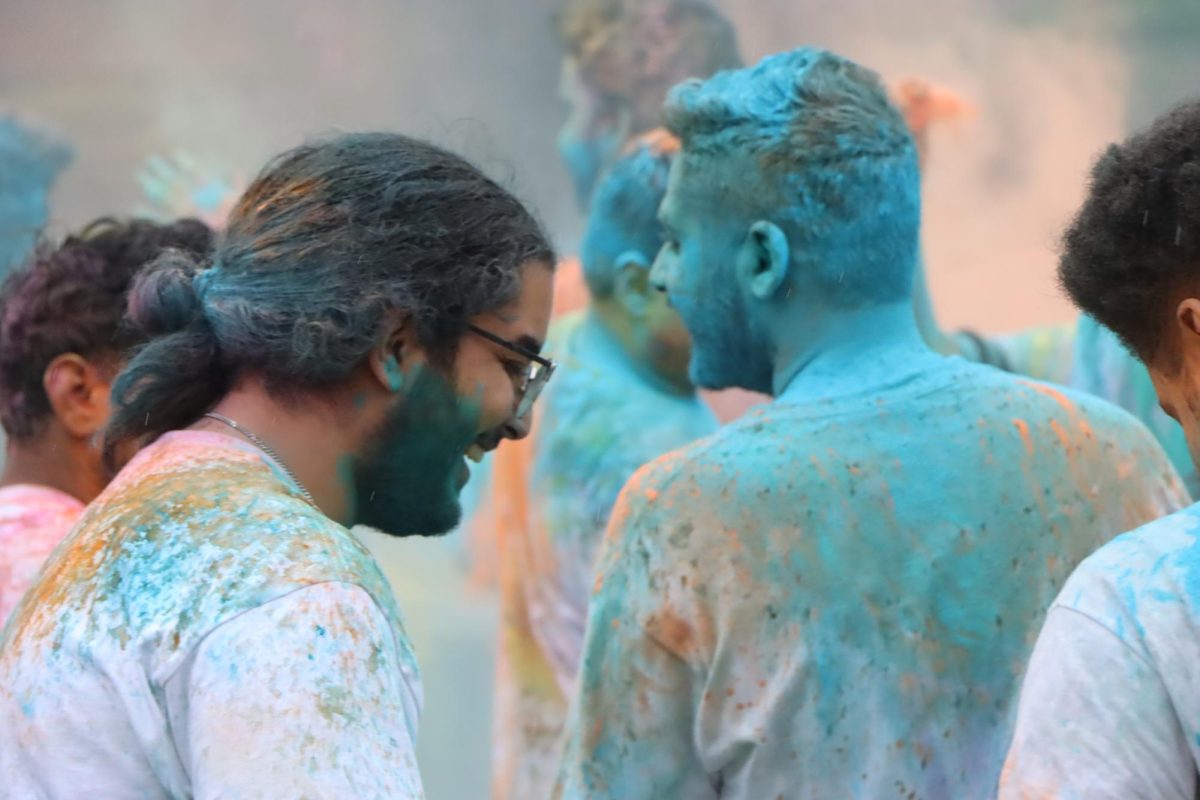
Kelly Hubbard // Oct 5, 2021 at 3:56 am
It’s funny that only bloggers really get the importance of commenting, because it really can benefit all kinds of people. The people who comment on your blog regularly become your closest friends online, and you have the opportunity to really get to know them. I’m glad to have gotten the chance to get to know you better recently and I really enjoyed filling out your interview!
Kelly Hubbard
Kelly Hubbard // Aug 20, 2021 at 9:38 pm
I got what you mean , regards for posting .Woh I am glad to find this website through google. “Success is dependent on effort.” by Sophocles.
Kelly Hubbard
Harold Burton // May 20, 2021 at 8:21 am
Very nice post. I just stumbled upon your blog and wanted to say that I’ve really enjoyed browsing your blog posts. In any case I’ll be subscribing to your feed and I hope you write again soon!
Harold Burton
Dremammrket // Mar 30, 2021 at 5:13 am
Fine way of describing, and pleasant piece of writing to get information concerning my presentation subject
Regards: Dream market
Dremammrket // Mar 30, 2021 at 4:54 am
Valuable information. Fortunate me I discovered your website by chance, and I’m shocked why this twist of fate did not took place earlier! I bookmarked it.
Regards: Dream market